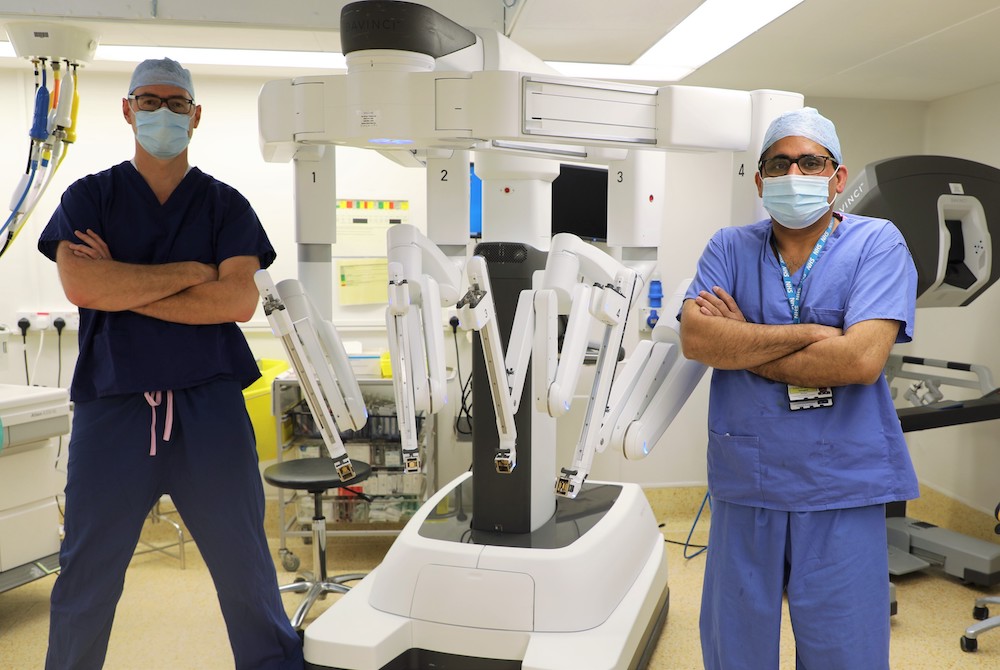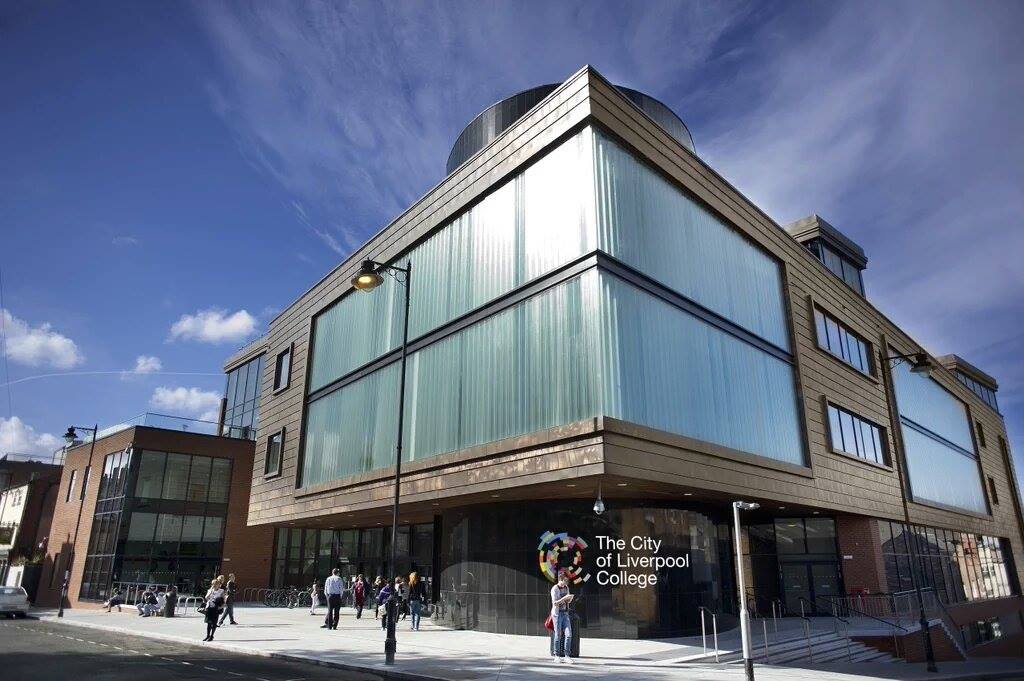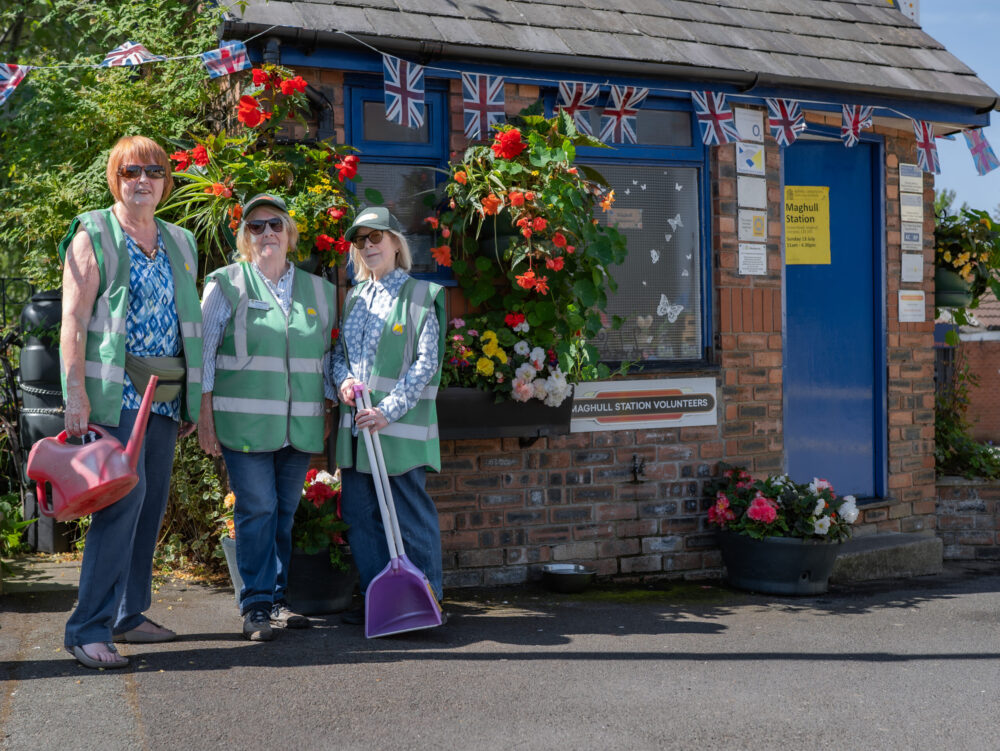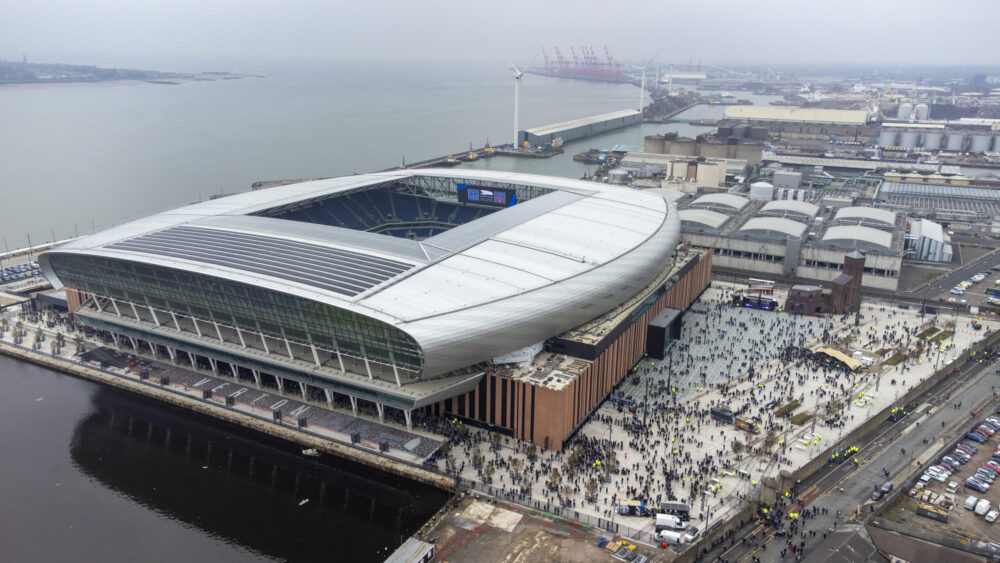
Latest
It’s been a record year for people receiving lifesaving NHS cancer checks in the North West
3 years ago

ALMOST THREE MILLION PEOPLE in England were referred for cancer checks over the last 12 months – the highest year on record – up by over a tenth on the 2.4 million people referred before the pandemic.
In the North West, over 370,000 people were referred for checks – a rise of more than 15% since the year before the pandemic hit.
NHS cancer chiefs continue to urge people to come forward still as the latest figures show record numbers of people have received vital NHS cancer tests in the last year.
Even at the peak of the Omicron wave, referrals for suspected cancer were at 116% of pre-pandemic levels with around 11,000 people getting checked every day over the last year.
Health chiefs have doubled spending on cancer awareness campaigns and continue to encourage people to come forward for checks if invited by the NHS or if they have experienced any worrying symptoms.
Despite pressures on hospitals due to Covid-19, the number of people being treated for the disease remained higher than before the pandemic – with 315,000 starting treatment in the last 12 months compared to 313,000 before the pandemic.
In order to meet increasing demand for cancer checks, NHS services across the country are expanding their diagnostic capabilities through one stop shops for tests, mobile clinics and cancer symptom hotlines, ensuring people are diagnosed and treated as early as possible to give them a much better chance of beating the disease.
More than 30,000 people every month are being invited for lung cancer checks through NHS mobile trucks visiting at risk communities across the country, as part of the biggest programme to improve early lung cancer diagnosis in health service history. In the North West alone, between February 2021 and February 2022, there have been 71,479 targeted lung health checks.
The North West has also seen a number of innovative approaches to catching cancer diagnosis, some of which aim to find cancers even earlier than thought possible previously.
The Grail Galleri trial has been working its way across Cheshire, Merseyside, Greater Manchester and Lancashire and is currently in Wirral. In studies, the Galleri test has shown the ability to detect multiple types of cancers through a single blood draw. Most of these cancers cannot be detected through current screening tests. When cancer signals are detected, the Galleri test localised the cancer signal with high accuracy, helping inform next steps to diagnosis. The test has recently reached its halfway milestone of 70,000 tests across the country.
In Cheshire and Merseyside, a potentially life-saving ‘sponge on a string’ test is set to improve cancer diagnosis and has been used by St Helens and Knowsley NHS Trust.
The device, known as Cytosponge, will help to identify patients at most risk of oesophageal cancer – cancer of the gullet – and ease pressure on hospital endoscopy services.
Cytosponge has already been used successfully as part of the endoscopy service at St Helens and Knowsley Teaching Hospitals NHS Trust and now it will be spread to other locations across the north west, thanks to the support of the Innovation Agency.
In the last month, surgeons at The Royal Liverpool Hospital have performed the first syncronised robotic surgery for bowel and prostate cancer in the North West.
Colorectal Consultant Mr Shakil Ahmed said: “Robotic surgery is a massive benefit to all our patients. There aren’t many centres in the UK that can offer this combined surgery. It requires a high level of expertise to operate the robotic machinery and complete the double procedure.
“It gives surgeons views inside a patient that you can’t see otherwise. I always explain to students it’s like comparing a 1980s TV to one today – the technology is just so much better. The robotic machinery improves the whole surgery for the patient and the surgeon.”
NHS staff have gone to great lengths to maintain cancer treatment for patients and since March 2020, more than 4.7m have been referred and more than half a million people have started treatment.
Common symptoms of cancer include lumps or bumps and unexplained weight loss or fatigue.
NHS North West Medical Director, Dr David Levy, said:
“It is truly excellent news that the NHS has seen record-breaking numbers of people coming forward for cancer checks in the past 12 months.
“If you think you have symptoms that could be linked to cancer, it can be an incredibly daunting thing to think about what to do, not just for yourself but the implications for your family. Nine in ten who are checked turn out not to have cancer but that it is better to know so that people can get treated early when chances of survival are highest.
“As someone with a clinical background in cancer care, it’s good to see that so many people in the North West understand it’s important to get that diagnosis early. Equally it’s also possible you may be worrying unnecessarily, and you may have something that is less serious. Either way, what is important it to get checked.
“NHS staff have pulled out all the stops to ensure cancer was prioritised throughout the pandemic. The NHS is here for you so don’t let cancer play on your mind – get checked without delay.”
Dame Cally Palmer, National Cancer Director for NHS England, said:
“We are going further and faster than ever before in our ambitions to diagnose more cancers at an earlier stage so that we can save more lives.
“We have seen record numbers of people coming forward for checks in the last year, but we know there are still at least 30,000 who haven’t started treatment due to the pandemic, so it’s vital that we keep these referral rates high.
“While we know this can’t happen overnight, we’re investing in extra diagnostic and treatment capacity to meet increasing demand, with staff working hard to roll out initiatives from straight to test services, cancer symptom hotlines and innovative diagnostics, so that those who are coming forward for checks can be seen quickly and their cancer identified at an earlier stage.”









 Subscribe
Subscribe Follow Us
Follow Us Follow Us
Follow Us Follow Us
Follow Us Follow Us
Follow Us Follow Us
Follow Us











